Did you know that the average person eats the same six dishes on repeat? That’s the same meals EVERY week! It’s not much of a wonder so many of us are bored of eating and have lost all passion for being in the kitchen.
But cooking takes time and effort. It requires some inspiration and motivation. And that’s just something we don’t always have when we’ve got a young family.
How much time and energy do you put into thinking about, shopping for, preparing and serving meals? Wouldn't you like it to be quicker and easier?
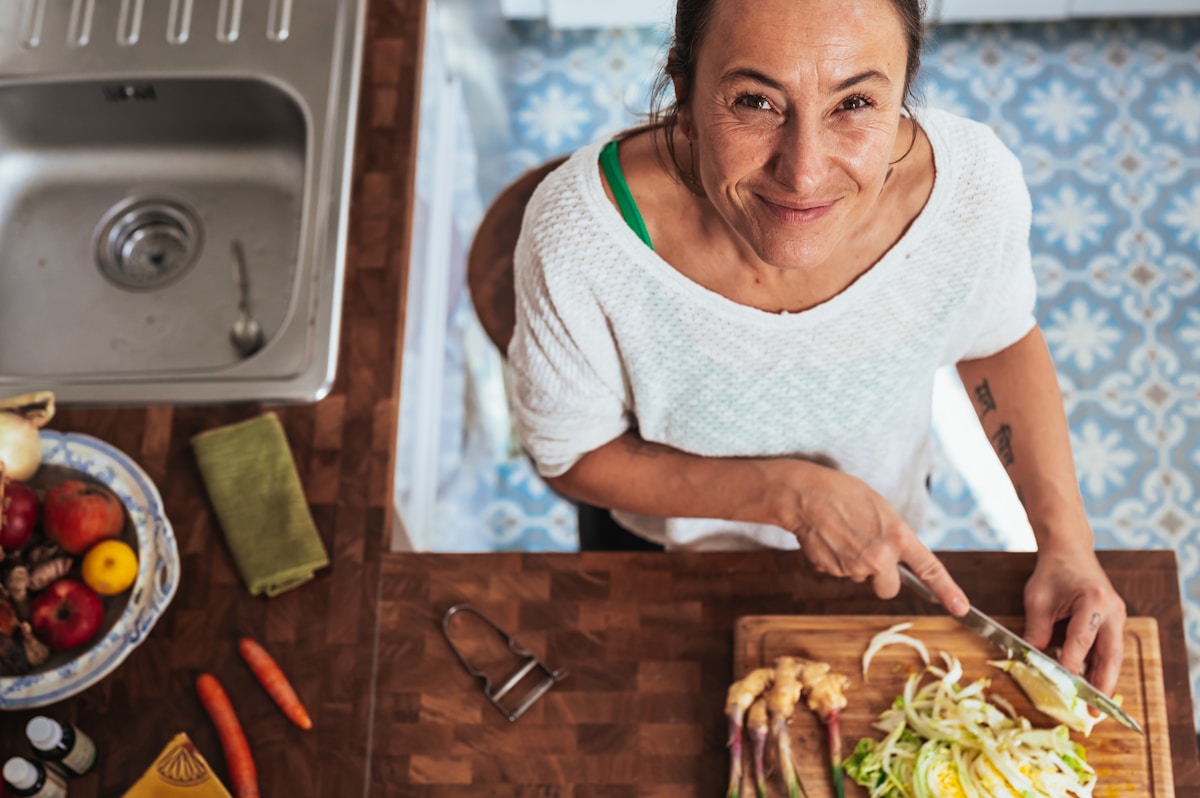
There are some simple ways that you can make life easier AND be able to feed you and your family delicious and nutritious meals most nights (nobody’s perfect so let’s not set the expectation that we’ll be doing this every night!).
• Implement a routine
Setting a meal and snack routine ensures that there will be a steady supply of food throughout the day. You can use this as an opportunity to get a variety of foods into you and your family.
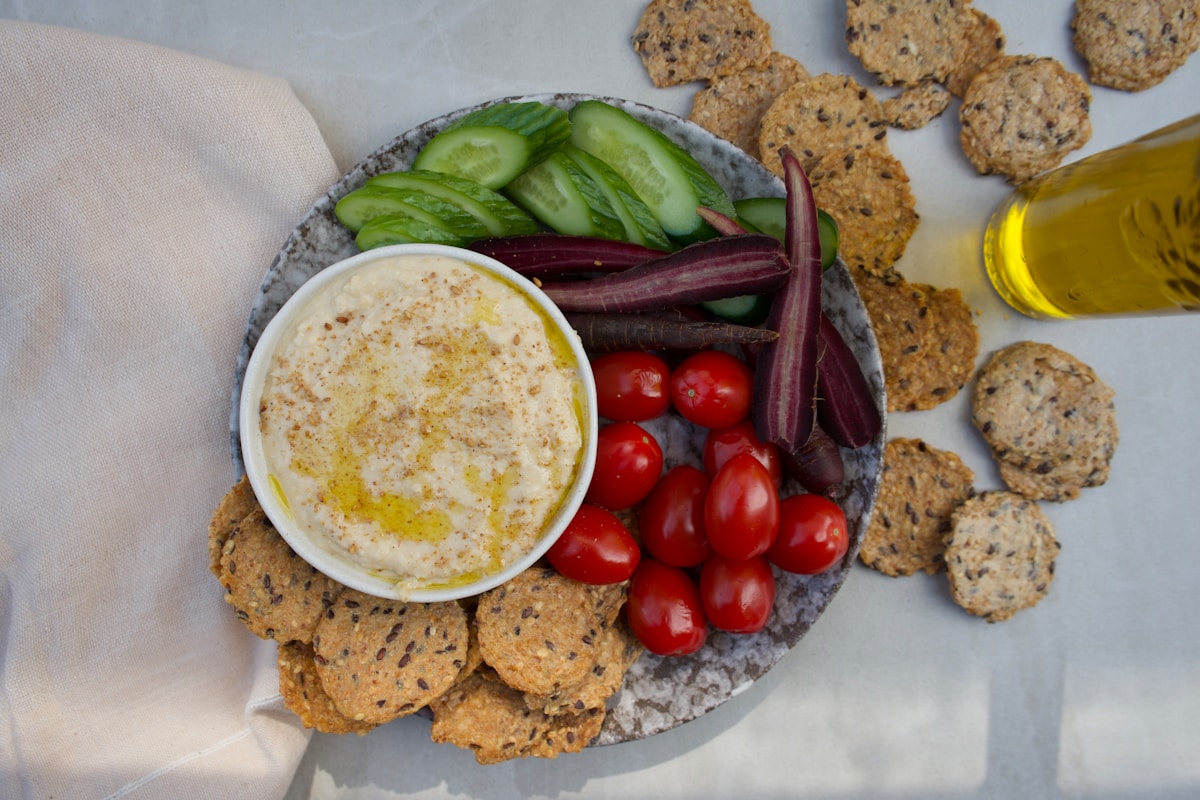
Snack times can be seen as mini meals which include a balance of fruit, vegetables, protein or dairy and carbs which will help keep you and your children fuller for longer, reduce the nagging for food and prevent you from binging in the snack cupboard
• Plan ahead
Meal planning is the answer to so many problems. You may find it tricky to get started, in which case you’ll find plenty of help over on my website, but it really is a game changer. Once you start, you’ll wonder why you didn’t do it sooner!
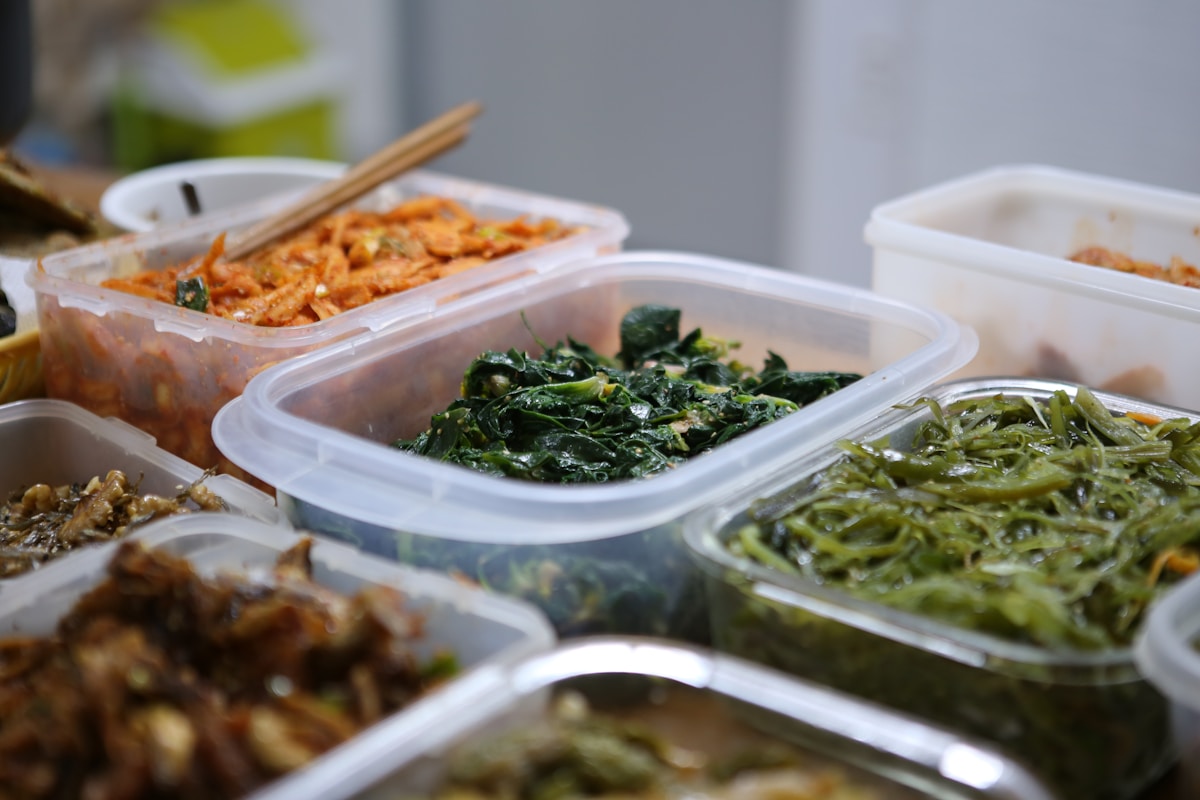
Planning has so many benefits:
• There’ll be no more last-minute panicking about what to eat, keeping your stress levels down
• You’ll eat a wider range of meals – no more being stuck in a rut eating the same meals week-in, week-out
• Which in turn means you eat better/more healthily and your little one is exposed to a greater variety of foods, which is one of the best ways to both prevent and deal with fussy eating
• You can plan meals everyone will enjoy that work with any dietary needs or fussiness
• You’ll take fewer trips to the shops – saving you time and money
• You’ll be able to spot where you can be more efficient with food, time and energy – for example, identifying what else you can prepare whilst cooking dinner to make another meal quicker and easier
• And a big one for me is that it reduces food waste - you wouldn’t throw a fiver in the bin without thinking so why food?
• Keep a list of meal ideas
If you start a list of meal ideas, you can add to the list whenever you see a recipe you like the look of, think of something you fancy, the kids request a meal, or you spot a lunch a friend has brought to a picnic that you would like to try.
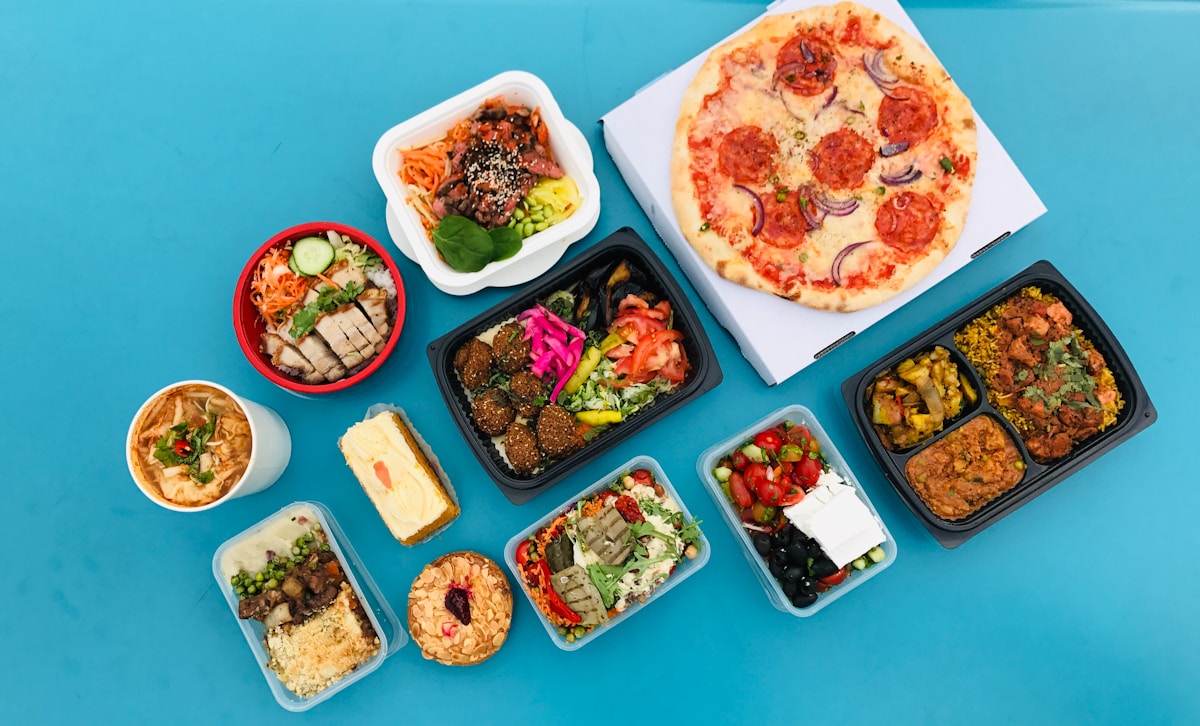
If you have an ongoing list, you can refer to it when planning rather than scratching your head for ideas all the time. No need to worry about having a lack of inspiration.
• Make friends with your freezer

My freezer is one of the most essential pieces of equipment in my kitchen. Every day, I’m grateful for my big white box of goodies!
A freezer is so useful not only for storing food but also in helping you to reduce your food waste and cut back on shopping trips/deliveries, allowing you to bulk buy when it’s more economical to do so, it supports you in being organised and makes efficient use of your time and energy in the kitchen.
• Batch cooking
I recommend to my clients that they plan a regular batch cook, once a week if they can, so that there is always something on hand in the freezer for a night off cooking, to get tea on the table quickly on a busy evening or to deal with changes of plans.
Bolognese, curry, chilli, soups and stews are all great to have in your freezer stash. But fish and other pies, lasagne, stir-fries and rice dishes can also be frozen. You only have to look in the freezer section of the supermarket to get an idea for what you could be freezing.
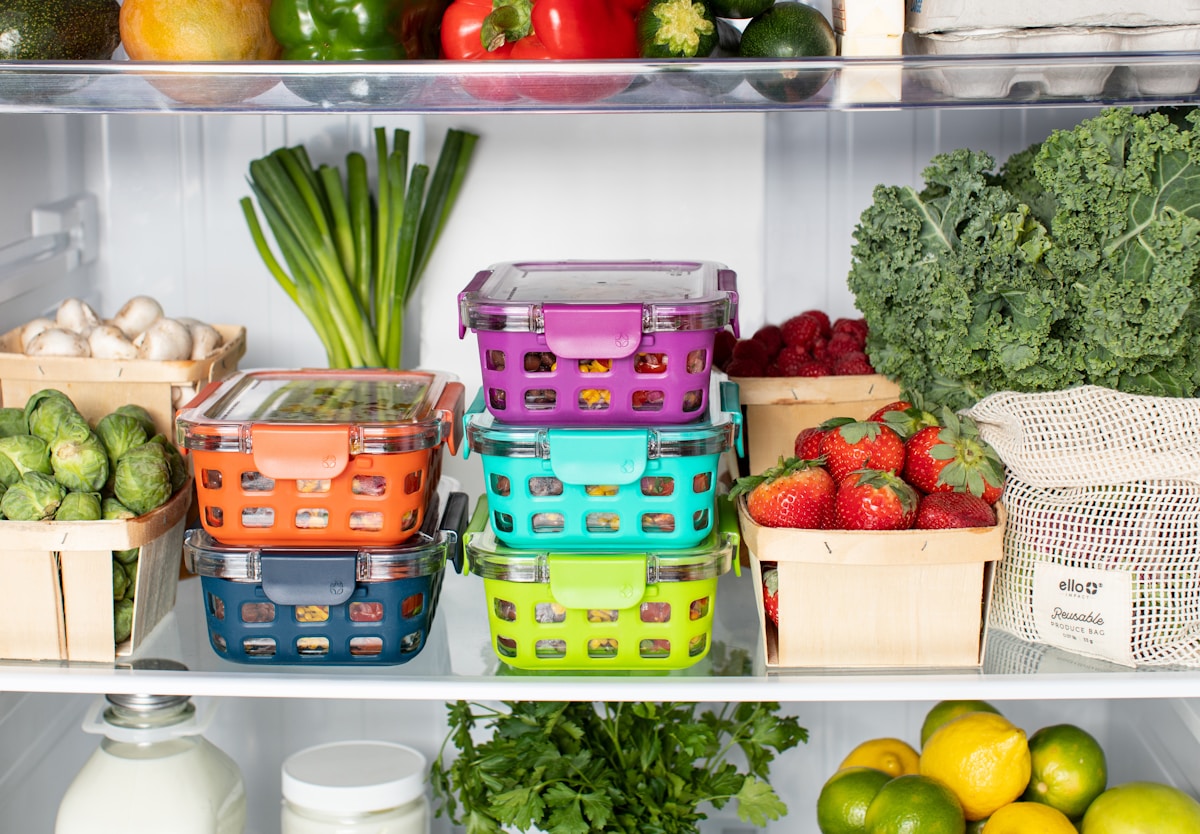
• Batch preparation
When we think of batch cooking, we usually think about whole meals. But batch preparing can extend to components of a meal to make putting together lunch or dinner another night a whole lot quicker. So, whilst I advocate meal planning, if you don’t manage to make it work for you, this can help ensure you’re eating well throughout the week when you don’t have the headspace to be planning a meal.
Cooking some vegetables? It only takes a few more minutes to chop some extra for another day too and store them in the fridge or freezer. Other things to batch prepare are beans, lentils, grains, rice, meat and fish.
You can pick and mix from these ingredients over a few days for a variety of speedy meals – lunch or dinner and even some for breakfast! Simply add fresh ingredients like salad leaves and herbs, houmous, halloumi, falafels and a dressing.
• Use the time available to you

Cooking a meal can take time and we often put pressure on ourselves to start cooking at 5.30pm to have dinner on the table by 6. But we find then that we’re stressed and overwhelmed because the recipe is taking longer than expected, baby decides to wake and needs a nappy change, we get into a flap and are unable to enjoy the meal once it’s ready.
What if, instead we prepared bits and pieces throughout the day whenever we had a bit of time? Five minutes here to do some chopping, 10 minutes there to cook off the vegetables, 5 minutes to prep the fish for the oven. Come 5pm, dinner happens so much quicker and is a whole lot less stressful.
• Look after yourself

We regularly hear that we need to prioritise ourselves and mealtimes are no different. By looking after our own wellbeing, we can look after our family’s too.
If we’re looking after ourselves, we can come to the table calm and our children are more likely to be relaxed, meaning mealtimes will run a lot more smoothly.
Make and serve one meal for everyone and give yourself a break!

Sarah Alder of Kitchen Titbits is a meal planning and family mealtimes expert, transforming mealtimes from stressful to stress-free. Sarah specialises in working with parents who are tearing their hair out at mealtimes. She helps them to support their fussy eaters to eat a wider variety of foods, put the fun back into food and enjoy mealtimes again.
She also teaches about meal planning as a way of saving time and energy in the kitchen, cutting food bills and reducing food waste, taking the stress away from mealtimes and getting away from the age-old question of what’s for dinner!
To find out more about Sarah, her courses, workshops and online courses, visit her website.
She shares her tips and advice in her two free Facebook groups:
